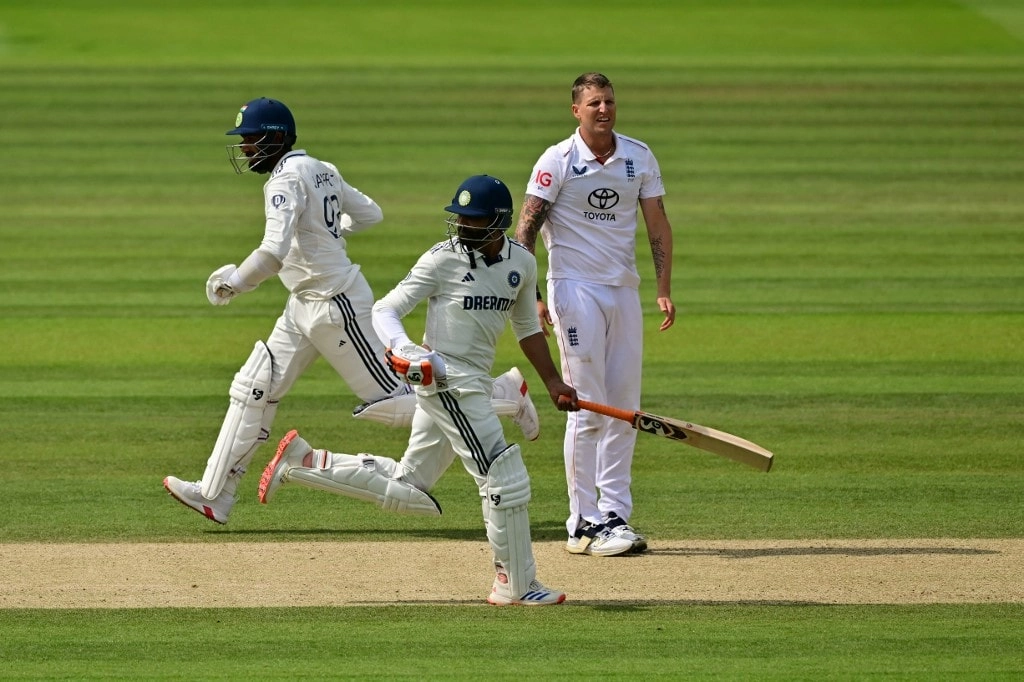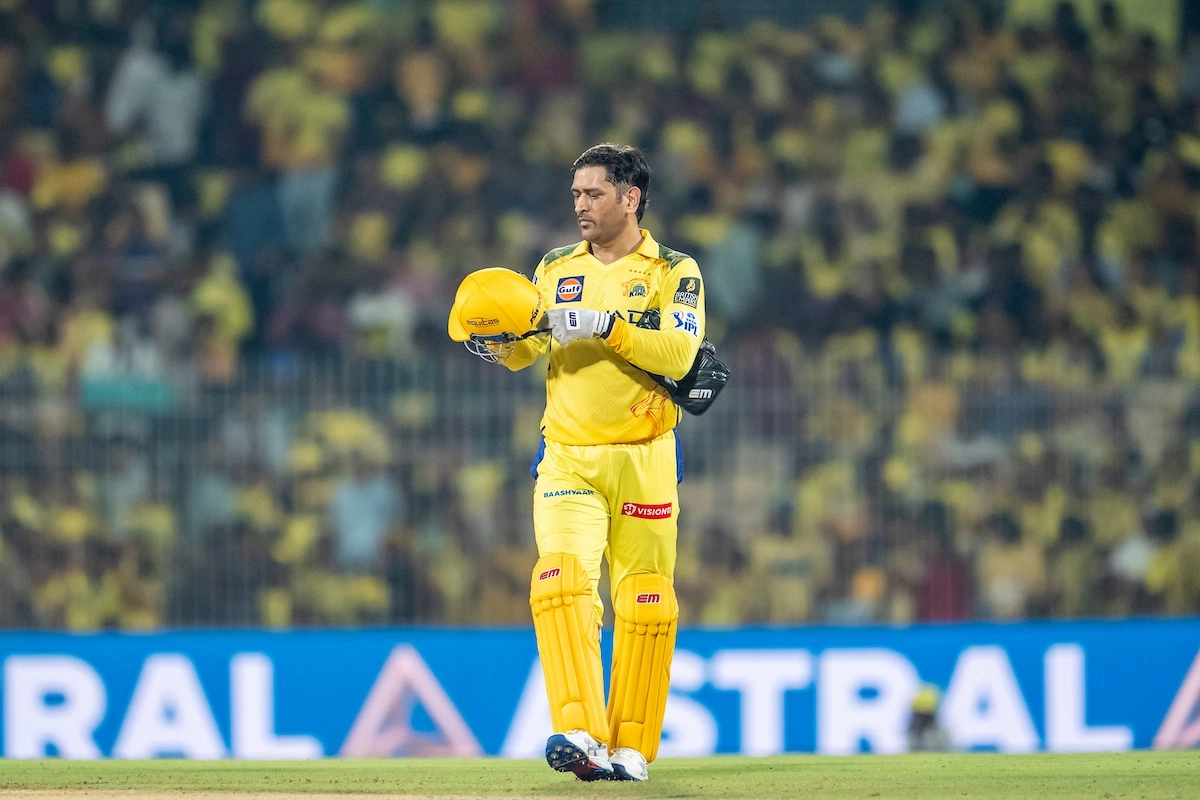Rani Rampal, the captain of the Indian women’s hockey team, has recently shared her insights on the challenges faced during transitional phases in sports. Transition periods are often marked by significant changes, such as the introduction of new players, shifts in coaching strategies, or adjustments to team dynamics. Rani emphasized that these transitions can be particularly demanding, as they require not only technical adjustments but also a strong mental fortitude among team members. The process of integrating new players, while also maintaining the team’s core values and playing style, can lead to both uncertainty and opportunity.
According to Rani, effective communication and teamwork are essential during such times. The ability to foster a supportive environment where experienced players mentor newcomers can make a significant difference in how smoothly the transition unfolds. She highlighted the importance of building trust amongst teammates, which can help alleviate the pressures that come with adapting to new roles and responsibilities. The collective effort of the team, guided by a shared vision and commitment, is crucial to navigating these challenges successfully.
Rani also pointed out that while transitions can be tough, they can also serve as a catalyst for growth and innovation. New players bring fresh perspectives and skills that can invigorate the team and lead to improved performance on the field. Embracing change, rather than resisting it, can ultimately enhance the team’s competitiveness. Rani’s reflections underscore the resilience of the Indian women’s hockey team, showcasing their determination to evolve and succeed, even in the face of uncertainty. As they prepare for upcoming tournaments, the focus remains on leveraging these transitional phases to build a stronger, more cohesive unit.




